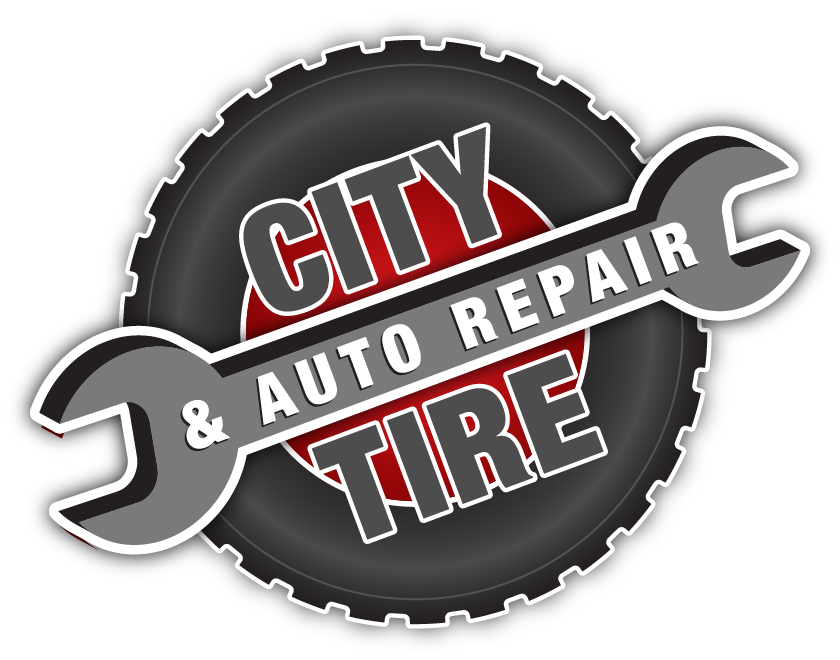Open Financial Savings at Morris Tire: Your Premier Resource for Price Cut Tires Morris IL
Open Financial Savings at Morris Tire: Your Premier Resource for Price Cut Tires Morris IL
Blog Article
The Ecological Benefits of Proper Tire Maintenance
Keeping proper tire treatment is often overlooked, yet its effect on the setting is extensive. Proper tire upkeep not only prolongs the lifespan of tires but additionally decreases garbage dump waste and adds to improved air high quality.
Lowered Fuel Intake
Improving tire upkeep methods can lead to a substantial reduction in fuel consumption for cars. According to the U.S. Division of Energy, underinflated tires can reduce gas mileage by 0.2% for every 1 psi decrease in stress in all four tires.
Along with tire pressure, regular tire rotations and positionings additionally play an important duty in gas performance. Unevenly used tires can increase fuel consumption as the engine works harder to keep speed and grip. By maintaining correct placement and revolving tires at advised periods, motorists can make certain also put on and lengthen the life of their tires, eventually saving fuel and reducing their carbon footprint.
Extended Tire Lifespan
Expanding the life expectancy of tires is an essential aspect of reliable automobile maintenance practices that can produce price financial savings and environmental benefits in the future. By effectively preserving tires, drivers can significantly lengthen their use, lowering the frequency at which new tires require to be produced and old ones thrown away. This not only preserves useful resources yet likewise minimizes the power and exhausts associated with tire manufacturing and disposal processes.
On a regular basis examining tire stress, turning tires, and ensuring proper alignment are essential actions in extending tire lifespan. Ample step depth is critical for ideal grip and safety and security, however it additionally contributes in for how long tires can be used before requiring replacement. Furthermore, staying clear of aggressive driving actions that accelerate tire wear, such as extreme braking and sharp turns, can better improve tire resilience.
Inevitably, boosting the durability of tires via positive upkeep not only profits the environment by minimizing waste and conserving sources but also causes set you back financial savings for car owners by postponing the requirement for new tire acquisitions.
Reduced Discharges Result
Effective tire maintenance practices add to a reduction in emissions output, aligning with ecological sustainability objectives in the vehicle market. By keeping optimum tire stress degrees, vehicle drivers can assist reduce these unfavorable environmental effects.
Moreover, properly maintained tires additionally improve grip and minimize rolling resistance, even more improving fuel performance. This, in turn, minimizes the amount of exhaust gases released right into the environment. Additionally, guaranteeing tires are correctly blown up and lined up can extend the lifespan of the tires, minimizing the regularity of tire have a peek at this site replacements and the connected environmental expenses of tire production and disposal.

Decreased Land Fill Waste
Offered the favorable impact of correct tire maintenance on minimizing discharges output, an additional considerable environmental benefit is the capacity for decreased garbage dump waste. When tires are not preserved appropriately, they wear quicker and require to be replaced a lot more regularly. This brings about a higher quantity of used tires being disposed of in garbage dumps. Nonetheless, by guaranteeing that tires are effectively pumped up, straightened, balanced, and turned regularly, their life-span can be substantially extended. This means that fewer tires wind up in landfills, resource decreasing the amount of non-biodegradable waste in these currently overruning sites.

Improved Air Quality
Enhancing air high quality through appropriate tire upkeep methods is an essential facet of sustainable ecological stewardship. When tires are underinflated, they develop much more rolling resistance, causing increased gas intake and higher discharges of harmful contaminants such as carbon monoxide and nitrogen oxides. Properly inflated tires not just boost fuel performance yet also decrease the quantity of toxins released into the air.
Additionally, properly maintained tires with proper walk depth and placement add to safer driving conditions, lowering the likelihood of accidents that can lead to the launch of added pollutants into the atmosphere. By extending the lifespan of tires via regular upkeep and turning, fewer tires are discarded too soon, lowering the environmental effect of tire disposal and manufacturing processes.
Verdict
Finally, correct tire maintenance uses numerous environmental advantages. By minimizing gas intake, extending tire life expectancy, lowering emissions output, reducing sites garbage dump waste, and enhancing air high quality, individuals can contribute to a healthier planet. These initiatives not just profit the setting however likewise assist to conserve sources and lower total ecological effect. It is crucial for individuals to focus on tire upkeep as a simple yet effective way to shield the atmosphere for future generations.
Correct tire maintenance not just expands the life expectancy of tires but likewise decreases land fill waste and adds to improved air top quality - discount tires morris il. By maintaining correct alignment and turning tires at advised intervals, chauffeurs can make sure also use and lengthen the life of their tires, eventually conserving fuel and reducing their carbon footprint
By appropriately maintaining tires, motorists can considerably prolong their use, minimizing the regularity at which new tires require to be manufactured and old ones disposed of.Routinely examining tire stress, turning tires, and making sure proper placement are crucial steps in prolonging tire life expectancy. Furthermore, guaranteeing tires are properly blown up and lined up can expand the life-span of the tires, lowering the frequency of tire substitutes and the associated ecological prices of tire production and disposal.
Report this page